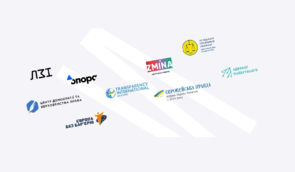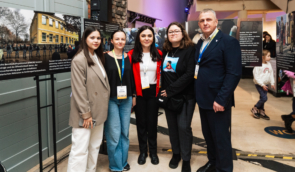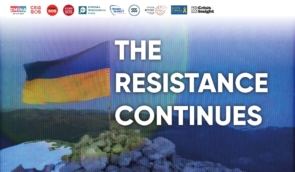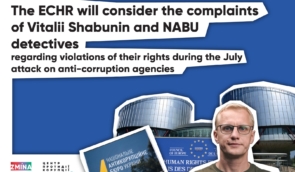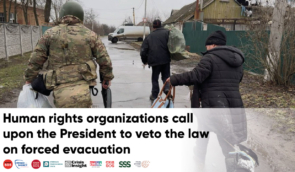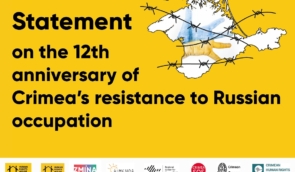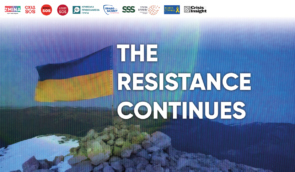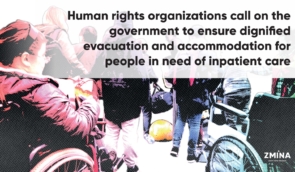The European Parliament demands Russia immediately release ill Crimean political prisoners: resolution, promoted by ZMINA, was adopted
On the last plenary day of the European Parliament in 2024, the “Resolution on the 11th year of the occupation of the Autonomous Republic of Crimea and the city of Sevastopol by the Russian Federation and the deteriorating human rights situation in occupied Crimea, notably the cases of Iryna Danylovych, Tofik Abdulhaziiev and Amet Suleymanov” was adopted.
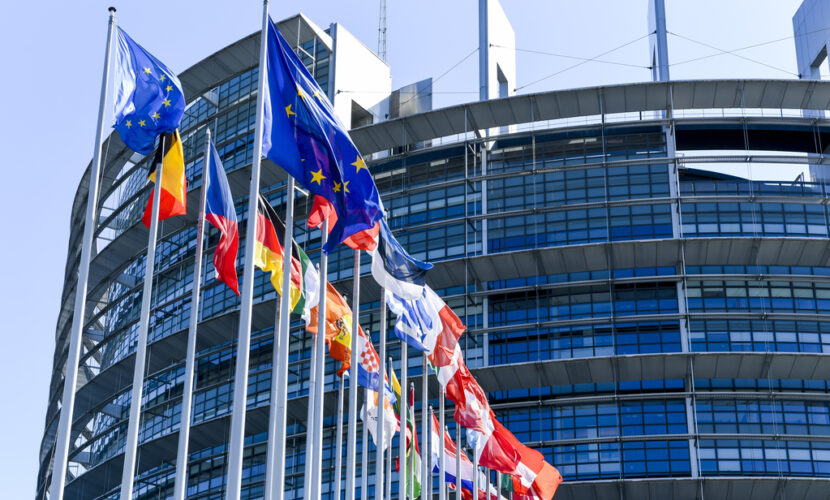
The text, endorsed by members of the European Parliament, calls for the immediate release of illegally convicted Crimean residents, including Iryna Danylovych, Tofik Abdulhaziiev and Amet Suleymanov. All three have serious health problems and their stay in Russian prisons can lead to the worst.
The resolution mentions that Crimeans continue to suffer serious human rights violations, absence of freedom of speech, assembly, association and religion, illegal conscription into the Russian army, forced passportisation and russification, arbitrary detention, often on trumped-up terrorism charges, enforced disappearances, and torture.
The European Parliamentarians point out that more than two hundred political prisoners from Crimea are behind bars in Russia and the occupied territories, including 133 Crimean Tatars. 67 of the Kremlin’s prisoners have severe health problems, which are ignored by the Russian authorities. They call on the International Committee of the Red Cross and the UN to establish the whereabouts of all the civilian detainees from Crimea.
The resolution refers to the persecution of Crimean Tatars, ethnic Ukrainians and representatives of other peoples. It also mentions the resettlement policy pursued by the Kremlin, in particular, that more than 800,000 Russians have appeared on the peninsula since the occupation. The European Parliament called this a forced alteration of “the demographic composition of Crimea along ethnic lines in a neocolonial manner, which constitutes a war crime under international norms”.
The resolution condemns the deportation of civilians, including political prisoners from Crimea to penitentiary institutions across Russia, which is contrary to international law, as well as the persecution of journalists, civil society activists and human rights defenders, including Emil Kurbedinov, Server Mustafayev, Emir-Usein Kuku, Lutfiye Zudiyeva, Kulamet Ibraimov, Abdureshit Dzhepparov, Edem Semedlyaev, Rustem Kyamilev, Oleksandr Sizikov, Halyna Dovhopola, Ruslan Abdurakhmanov, Rustem Huhuryk and Lilia Hemedzhy.
In the approved document, MEPs call on the international community not to recognise the seizure of Crimea and to support efforts to de-occupy the peninsula. The initiatives also include tougher sanctions against individuals and legal entities involved in the illegal annexation.
This resolution, which condemns Russia’s illegal occupation of Crimea and the city of Sevastopol, which has been going on for 11 years, was supported by 446 MEPs, 25 against, and 51 abstentions.
“Our political prisoners continue to die in Russian prisons – from inadequate conditions of detention, illness, abuse, torture, and non-provision of medical care. Thus, in February 2023, two Crimean political prisoners died – Dzhemil Hafarov and Kostiantyn Shyrinh. After that, we created the “The Hafarov-Shyrinh list” and added other prisoners of the Kremlin who have grave illnesses and risk not living to see their release“, said Tetiana Pechonchyk, Head of the Human Rights Centre ZMINA, “Today’s European Parliament resolution is another step towards saving these people“.
Experts from the Human Rights Centre ZMINA, Crimea SOS and the Crimean Process, in cooperation with the Czech organisation Nesehnuti, advocated for the resolution of Crimea. On December 3-6, they visited Brussels to meet with MEPs from various political groups to draw attention to the problems of political prisoners from Crimea and the human rights situation on the peninsula.
If you have found a spelling error, please, notify us by selecting that text and pressing Ctrl+Enter.

